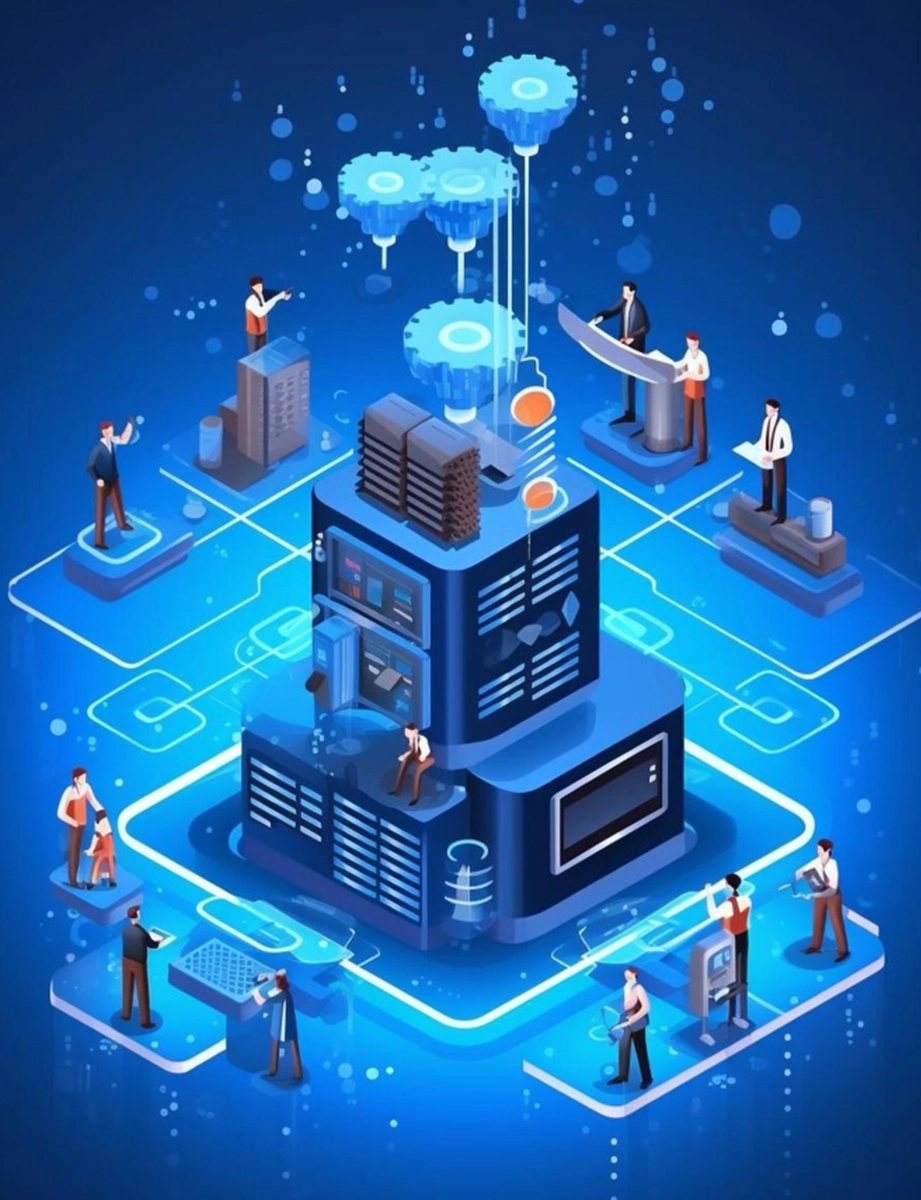
In the rapidly evolving landscape of the 21st century, the business world stands at a pivotal juncture. Driven by technological advancements, shifting consumer behaviors, and global challenges, businesses must navigate an environment of constant change. As we look to the future, understanding and embracing key trends will be crucial for organizations aiming to thrive in this dynamic world.
Technological Transformation
The advent of artificial intelligence (AI), blockchain, and the Internet of Things (IoT) is revolutionizing how businesses operate. AI, in particular, is transforming industries by automating processes, enhancing decision-making, and enabling personalized customer experiences. For instance, chatbots powered by AI are now commonplace in customer service, providing immediate assistance and improving efficiency.
Blockchain technology, initially synonymous with cryptocurrencies, is finding applications in various sectors, including supply chain management, finance, and healthcare. Its ability to provide transparent, secure, and immutable records is invaluable in an era where data integrity is paramount. Meanwhile, IoT is connecting devices and systems, enabling real-time data collection and analysis, which can lead to smarter and more responsive business operations.
Sustainable Practices
As the impact of climate change becomes increasingly evident, businesses are under growing pressure to adopt sustainable practices. Consumers, particularly younger generations, are demanding more environmentally friendly products and services. This shift is prompting companies to rethink their operations, supply chains, and product designs to minimize environmental impact.
Companies that prioritize sustainability are finding that it can lead to cost savings, improved brand reputation, and increased customer loyalty. For example, businesses that invest in renewable energy sources often see a reduction in long-term operational costs, while those that implement circular economy principles can benefit from resource efficiency and waste reduction.
The Rise of Remote Work
The COVID-19 pandemic accelerated the adoption of remote work, a trend that is likely to persist in the future.
To address these challenges, companies are investing in digital collaboration tools, implementing robust cybersecurity measures, and developing new management practices tailored to remote work environments. The future of work will likely be a hybrid model, combining remote and in-office work to leverage the benefits of both.
Globalization and Localization
Globalization has been a driving force in business for decades, enabling companies to expand their markets and supply chains across borders. However, recent trends suggest a shift towards localization, driven by geopolitical tensions, trade disruptions, and the desire for more resilient supply chains. Businesses are increasingly focusing on local markets and suppliers to mitigate risks and ensure stability.
This dual trend of globalization and localization requires businesses to be agile and adaptable. Companies must balance the efficiency gains from global operations with the need for local responsiveness and resilience. This may involve diversifying supply chains, investing in local production facilities, and tailoring products to meet local preferences.
Conclusion
The future of business is marked by rapid change and uncertainty. Technological advancements, sustainability demands, remote work trends, and the interplay between globalization and localization are shaping a new business landscape. To succeed, businesses must be forward-thinking, adaptable, and resilient. By embracing these trends and continuously innovating, companies can navigate the complexities of the modern world and emerge stronger in the years to come. The key to thriving in this dynamic environment lies in a proactive approach to change and a commitment to creating value for all stakeholders.







